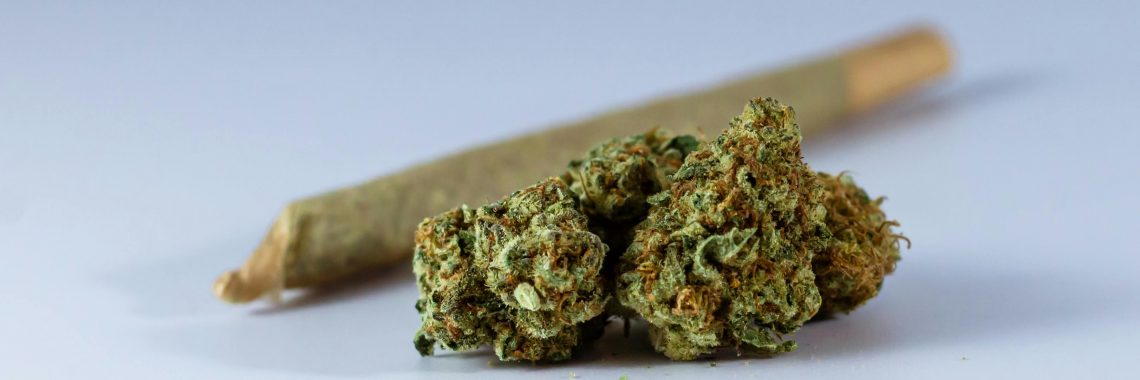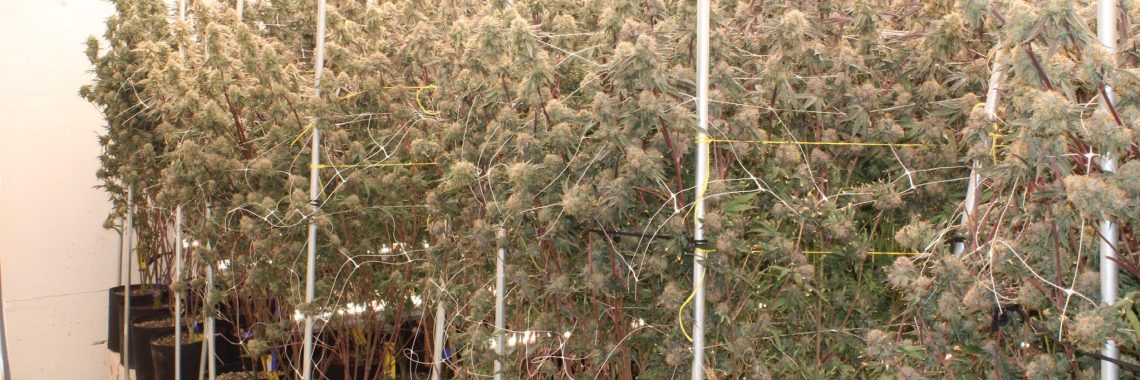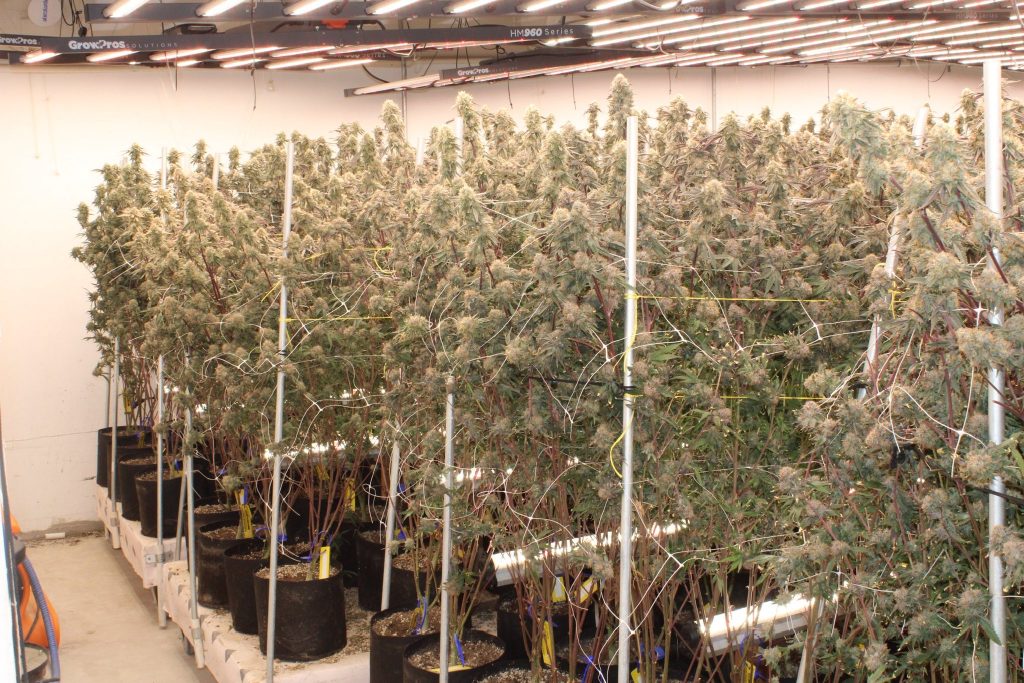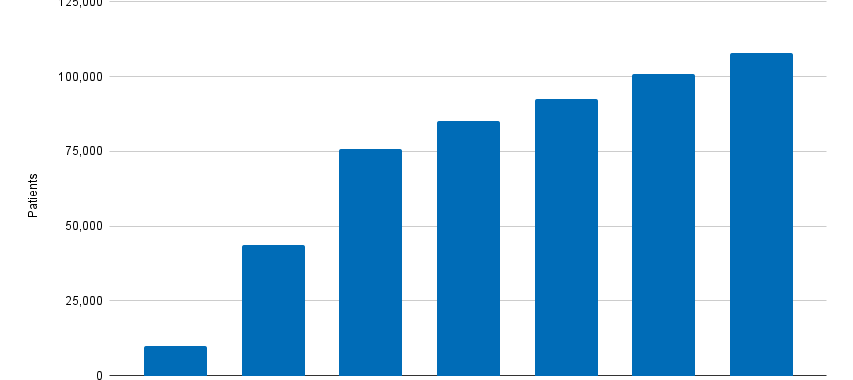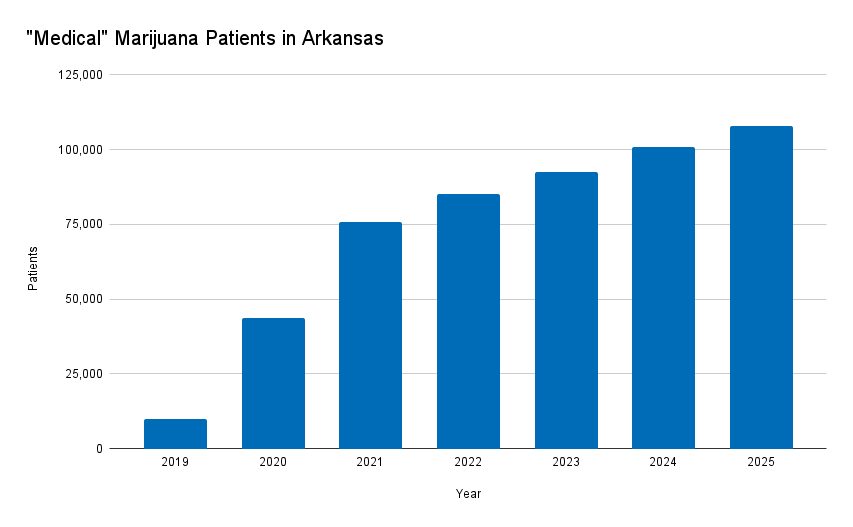The number of “medical” marijuana patients in Arkansas has risen more than tenfold in the wake of the COVID-19 pandemic.
Arkansas’ “medical” marijuana amendment lets people use marijuana if they have a note from a doctor.
We have written repeatedly about how there is evidence that many people may actually be using marijuana recreationally via the state’s “medical” marijuana program. The law lists many different qualifying conditions that allow marijuana use — some of which are vague and subjective, like intractable pain and nausea.
State reports now show that the number of “medical” marijuana users in Arkansas spiked dramatically during and after the COVID-19 pandemic.
In 2019, the Arkansas Department of Health reported 9,830 people were allowed to use “medical” marijuana.
By June of 2020, that number had more than quadrupled to 43,630 marijuana patients.
The number has increased steadily every year since. As of last summer, the Health Department reports there are 108,021 “medical” marijuana patients in the state.
Along the way, the reasons people list for wanting to use marijuana have also changed.
In 2019, intractable pain was the number-one reason people gave for wanting to use marijuana. But between 2020 and 2023, that changed. Today, post-traumatic stress disorder (PTSD) is the most common qualifying condition among “medical” marijuana users.
That’s troubling, because researchers have found marijuana use may actually worsen PTSD symptoms.
Addiction experts note that marijuana can trigger mental health problems like depression, anxiety, and psychosis — which can be serious for a patient with PTSD.
More generally, researchers have expressed concerns about increased substance use and abuse since the pandemic — including marijuana.
A 2022 study found “medical and non-medical” marijuana use both rose among certain groups of adults during COVID. Specifically, people who rarely used marijuana before COVID showed significant increases in marijuana use during the pandemic.
And a JAMA study published in 2023 found marijuana use increased among adults during COVID.
The dramatic rise in “medical” marijuana users in Arkansas since 2020 raises many questions, but it’s important to remember that there is no difference between marijuana marketed “medically” and marijuana marketed “recreationally.” It’s the same drug.
And medical marijuana has failed to live up to its promises of helping people with serious medical conditions. Researchers writing in the Journal of the American Medical Association (JAMA) found that “evidence is insufficient for the use of cannabis or cannabinoids for most medical indications.”
Even worse, researchers discovered that 29% of people using marijuana for “medical” purposes actually developed cannabis use disorder — meaning they became dependent or addicted.
All of this underscores what we have said for years: Marijuana may be many things, but “harmless” simply is not one of them.
Articles appearing on this website are written with the aid of Family Council’s researchers and writers.
READ MORE


